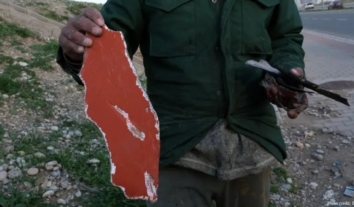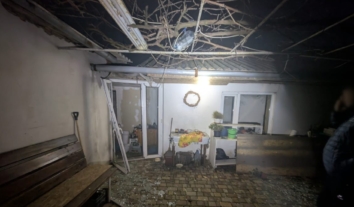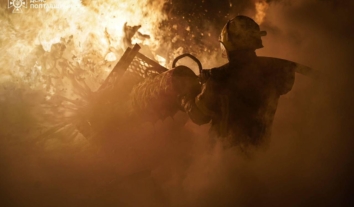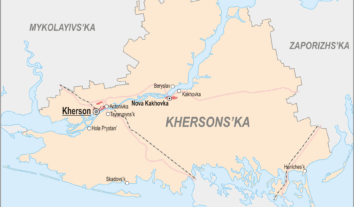Human rights defenders recorded 95 cases of involvement of children in armed conflict in the Donbas
The Coalition “Justice for Peace in Donbas” has 95 cases of involvement of children in armed groups. There were 85 cases of involvement of children in illegal armed groups (IAG) and 10 cases of involvement on the Ukraine-controlled territory.
As stated in the submission of the Coalition for the third cycle of the Universal Periodic Review (UPR).
Human rights defenders were able to identify names, age, forms of recruitment, children’s duties and identity of recruiters.
“At least 32 documented cases can be qualified as war crimes pursuant to Article 8 of the Rome Statute. In 24 cases the children were under the age of 15 at the time of recruitment, in 8 cases the exact age of the children could not be determined, but there are reasons to suppose that the children were not older than 15 years”, – stated in the Coalition’s submission.
Children were attracted to perform armed duty at checkpoints as fighters, served as guards, mailpersons, or secretaries. They also worked in the kitchen.
Human rights defenders have recorded individual instances of sexual exploitation of children. As an example, they cite the case of a 14-16 year old girl who was unlawfully detained in a basement by the “Batman” illegal armed group was sent to the frontline for fulfilling sexual needs of the group’s fighters as a punishment for disciplinary violations.
According to human rights defenders, at least 15 illegal armed groups were involved in the recruitment of children in the areas outside of Ukraine’s control, including “Vostok” brigade, Cossack National Guard of the All-Great Don Army, Cossack Union “Oblast viiska Donskogo” (Don army region), “Sparta” battalion, “Prizrak” (“Ghost”) brigade, “Somali” battalion, “Pyatnashka” international brigade, “Bryanka” USSR battalion, “Narodne opolchennya Donbasu “Donbas people’s militia”, “Batman” rapid response groups, and “Oplot” battalion.
With the beginning of the armed conflict, youth militarized patriotic movements have become more active in the territory under government’s control, as well as in the areas outside of Ukraine’s control. One form of activity of such movements are military patriotic camps where children, on average aged between 10- 17, receive marching, firearms, as well as medical training, and learn combat tactics, unarmed combat etc.
The Coalition recorded the involvement of approximately 200 children from the areas of Donetsk and Luhansk regions in military camps of Russia or in areas de facto controlled by Russia – Abkhazia, Crimea. Some of these camps took place in the military bases of the Armed Forces of the Russian Federation, for instance, “Boevoe bratstvo” (Combat brotherhood) and “Hvardeets”10 (Guard officer) camps. In addition, the camps were organized with involvement of representatives of law enforcement structures of the Russian Federation. As it was organized in “Borodino” camp. Among the instructors there were former members of a specialized group of the internal military of the Russian Interior Ministry’s troops.
“During the military conflict, there is a risk of using military and patriotic rhetoric to cover-up recruitment of boys and girls to illegal armed groups”, – as stated by human rights defenders.
They note that contrary to the 2011 recommendation of the UN Committee for the Rights of the Child, as of March 2017, national legislation of Ukraine has no provisions that clearly establish criminal liability for recruiting persons younger than 18 years old and their use in illegal armed groups. In addition, there are no regulations on activities of military and patriotic clubs and associations; there is no defined age limit for training on the use of small arms.
The Universal Periodic Review (UPR) is the world’s largest monitoring mechanism for the observance of human rights. As a part of this review, each UN member country must report to other countries and receive a critical assessment of its report. This is a new human rights monitoring system of the UN Human Rights Council. It is aimed at improving the human rights situation in each of the 193 countries that are members of the UN. As part of this initiative, the UN Member States directly check each other for observance of human rights.
Last time, Ukraine reported in Geneva in 2012. Then our state received 145 recommendations. Of these, Ukraine took into account 115 recommendations and partly took into account 3 recommendations.







